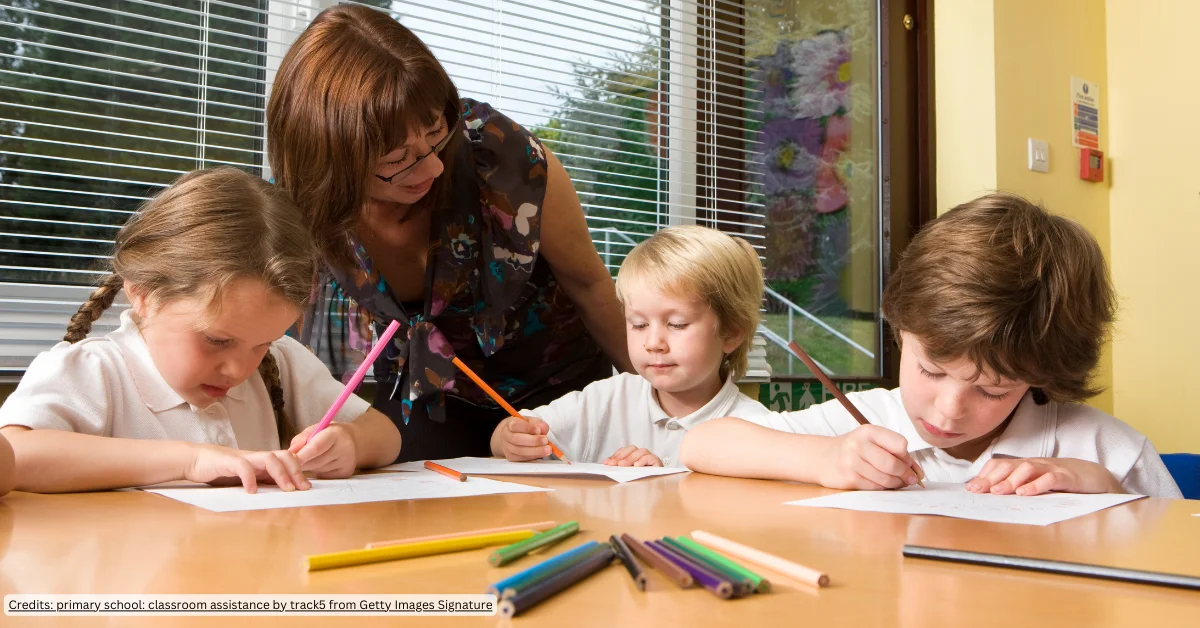Most not-for-profit (NFP) organisations rely on a team of dedicated staff and the generous commitment of volunteers who provide invaluable behind-the-scenes support. To be effective, a volunteer program must be engaging and mutually beneficial.
Like many other Australian NFPs, Breast Cancer Network Australia (BCNA) relies on an extensive volunteer program. BCNA CEO Maxine Morand says BCNA couldn’t function as well without the help of its volunteers.
“Our volunteers provide an enormous amount of logistical, practical and administrative support,” says Morand.
“They sort and pack our resources, contact women whose personal stories have been chosen for our magazine, process donations, ensure our database is up-to-date and prepare our show bags for more than a dozen forums held around the country annually.”
BCNA currently has 40 office volunteers ranging from ages 20–83. Each volunteer donates an average of three hours per week – a combined total of 80 hours a week. The majority of volunteers have been helping BCNA for several years, some for more than a decade. Morand explains what keeps BCNA volunteers happy and continuing to contribute to BCNA:
1. Find the perfect match
Prior to joining the BCNA team, volunteers are interviewed to establish their expectations of the role and whether they are the right fit for BCNA. BCNA aims for the volunteering experience to be mutually beneficial for BCNA and volunteers.
“It’s important we effectively engage with our volunteers to make sure they are fulfilled. BCNA matches tasks to an individual’s skills and interests,” says Morand.
“Some of our volunteers are happy spending their time in front of the computer doing administrative tasks online, whereas others prefer a task such as packing, which allows them to chat with each other and have a laugh.”
2. Have dedicated program co-ordinators
Two BCNA staff members are responsible for co-ordinating the volunteer program and rostering volunteers. This helps to ensure there are enough volunteers for BCNA’s work load, and that there are plenty of tasks to keep volunteers busy and engaged. Program co-ordinators also provide support for volunteers, as they can be approached with any issues or questions that a volunteer may have.
3. Hold social events
BCNA holds a briefing and morning tea for all volunteers at the beginning of each year. This reinforces to volunteers that they are part of the BCNA team. It also provides an opportunity for BCNA staff to outline plans and programs for the upcoming year and for volunteers to socialise with one another.
BCNA also hosts a Christmas function at the end of each year to thank volunteers for their contribution and to celebrate the year’s achievements.
4. Extend the program beyond the office
BCNA’s volunteer programs extend beyond the office to include support group leaders, community liaisons and consumer representatives.
Across Australia there are more than 300 support groups registered with BCNA, mostly run by volunteers. BCNA also has over 70 women trained as consumer representatives to represent women with breast cancer on local and national levels. BCNA’s community liaison program has trained over 230 women. These women volunteer in local communities across the country, sharing their personal experiences of breast cancer to raise awareness of breast cancer and the support available through BCNA and other local and national services.
In addition, community members across Australia volunteer time to help support women with breast cancer. This includes people who raise money for BCNA at Pink Lady fundraising events, Bakers Delight staff, franchise owners who donate their ingredients and time to support the Pink Bun campaign, and staff in workplaces who donate through workplace giving.
“There are so many people in our community quietly doing incredible things. I have met many extraordinary individuals who give their time to BCNA without seeking any recognition,” says Morand.
5. Let volunteers know they’re valued
Morand knows that the success of BCNA’s volunteer programs depends on the individuals who generously volunteer their time feeling valued and connected. BCNA strives to ensure every one of its volunteers feel valued and supported.
“Whether it’s simply taking the time to have a cup of tea with our volunteers here in the office or picking up the phone to thank one of our Community Liaisons for their recent involvement in local media, BCNA wants our volunteers to know they are greatly appreciated,” says Morand.
Menchie Khairuddin is a writer Deputy Content Manager at Akolade and content producer for Third Sector News. She is passionate about social affairs specifically in mixed, multicultural heritage and not-for-profit organisations.
- Menchie Khairuddinhttps://thirdsector.com.au/author/menchi-kakolade-co/
- Menchie Khairuddinhttps://thirdsector.com.au/author/menchi-kakolade-co/
- Menchie Khairuddinhttps://thirdsector.com.au/author/menchi-kakolade-co/
- Menchie Khairuddinhttps://thirdsector.com.au/author/menchi-kakolade-co/











